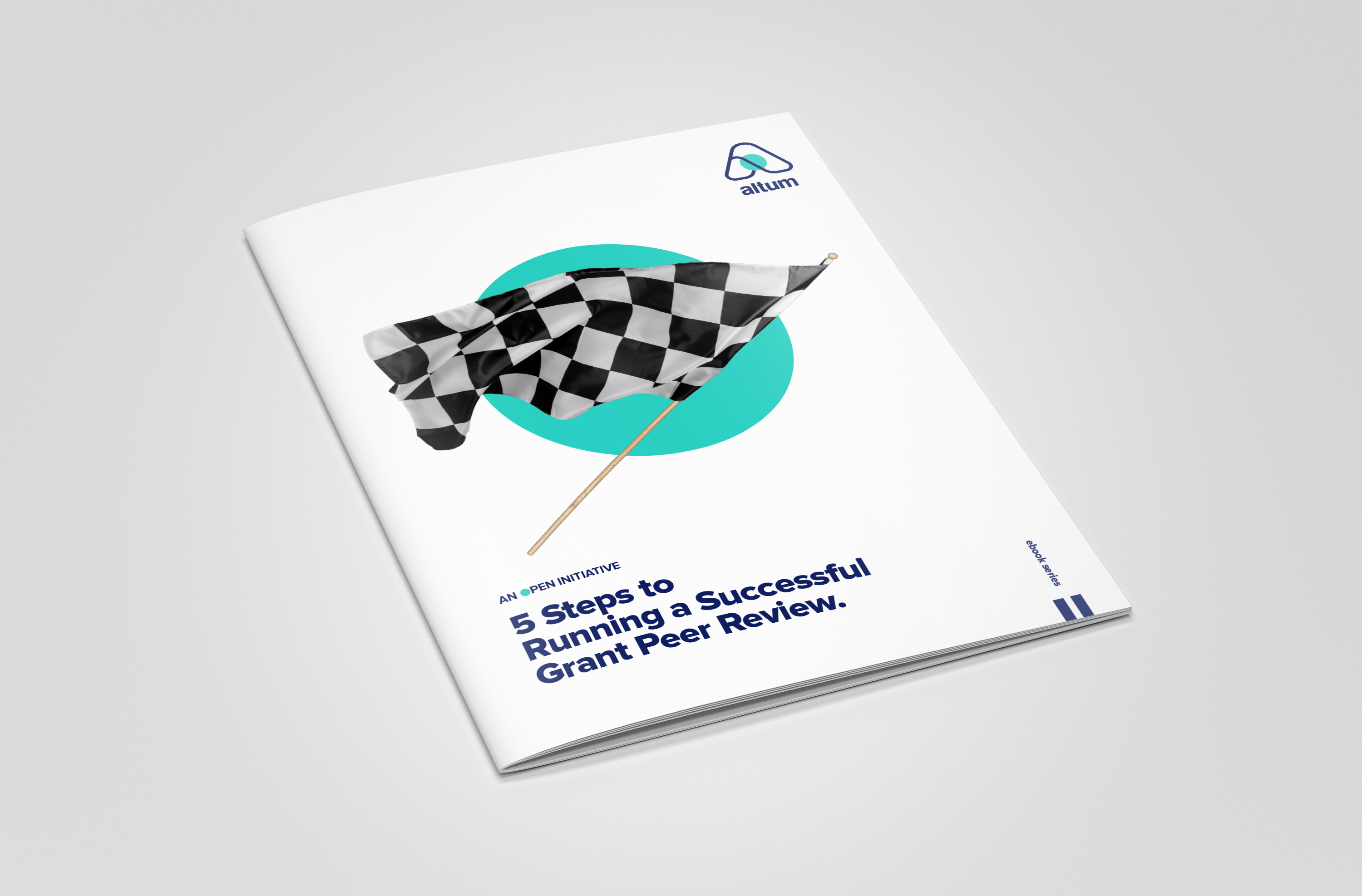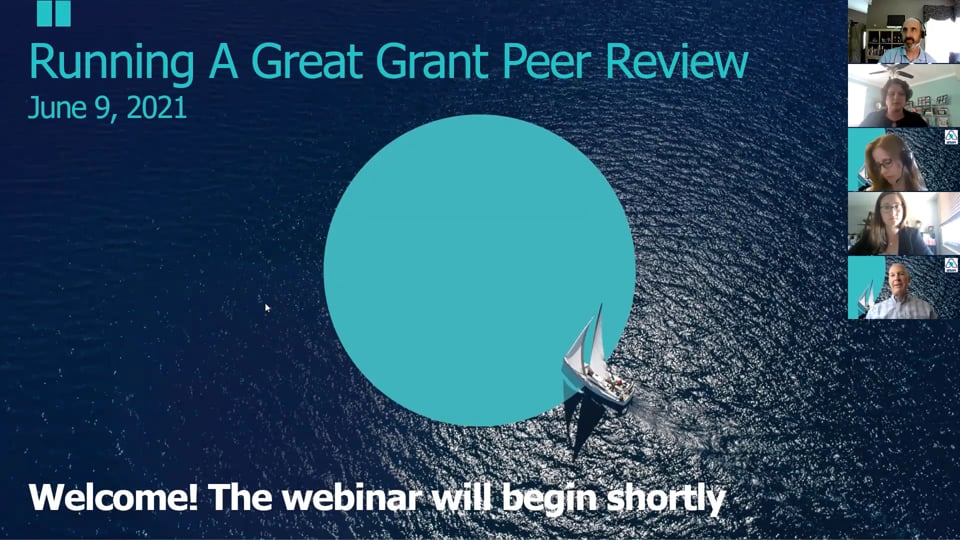Get Creative
You’re likely beginning to make some valuable headway as you cultivate the most suitable peer review team to evaluate your applications. So when it comes to adding those last few voices to your assessment, you can tap into a few less expected resources, too.
What about your personal network? Sure, you might not recall the name of the perfect individual off the top of your head or in searching via keywords—but by leveraging your social networks, particularly LinkedIn, you may capture fresh recommendations from close or looser ties within your community. You never know who may have just the right recommendation for your peer review team.
Alternatively, you can consider other versions of community within your sphere. If you’re attending upcoming meetings or conferences, take the opportunity to inquire with colleagues and new acquaintances who may have reviewers to recommend. Participating in a webinar discussion? Consider those within your panel, whether as potential candidates or as recommenders with ideas to bring to the table.
And last but not least: Consider younger generations, too. By tapping into any acquaintances or field-specific professors and leadership at universities or research institutions you admire, you might connect with an exciting rising star in their respective field who could bring a valuable perspective to application review.
For additional tips and recommendations straight from valued experts, check out our panel discussion webinar, “Finding The Right Peer Reviewers.”







